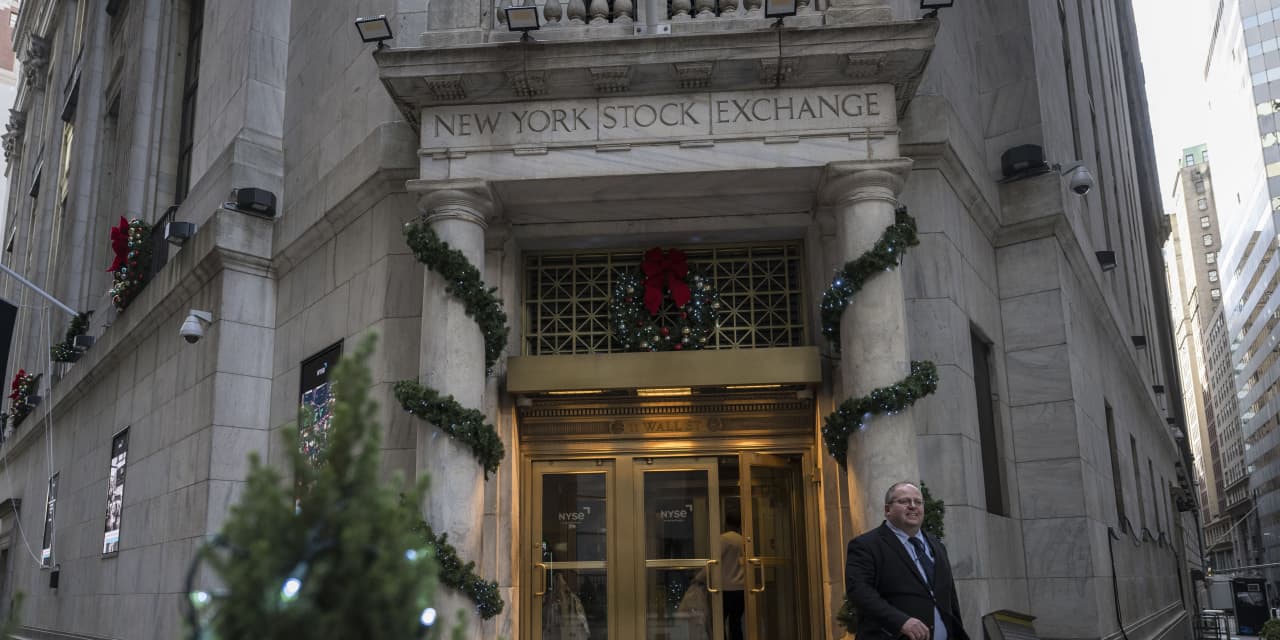Positive sentiment around stability in interest rates and workarounds to get buyers and sellers to the finish line may fuel dealmaking in 2024, investment bankers said Thursday.
“Clients are more actively calling, and people are picking up pencils on processes that are ready to kick go,” said Michele Cousins, head of leveraged capital markets for the Americas at UBS. “With the recent strength in markets and reduced volatility, people are feeling more comfortable.”
Leverage-loan activity, often a component of private-equity deals, as well as corporate refinancing have come back “quite strong” in recent weeks after a lull in October, she said.
Looking back on the early part of the second half of 2023, loan activity “started to feel like we were back to the races,” she said, but then volatility returned to markets in October.
Overall, 2023 has been a weak year for leveraged buyouts, with volumes down more than 50% from 2022. There have only been about 25 transactions so far this year, with two weeks remaining.
“That’s a remarkably low number,” Cousins said.
Max Justicz, co-head of financial sponsors for the Americas at UBS, said favorable commentary around the Federal Reserve’s latest interest-rate decisions has contributed to the deal environment, while indicators such as the Cboe Volatility Index have signaled more market stability of late.
“Prospective buyers and sellers are approaching the finish line on price through use of value-bridging tools such as earnouts, seller notes and equity rollovers,” Justicz said.
In a sign of pent-up demand for deals, more than half of the roughly 26,000 portfolio companies valued at a combined $2.8 trillion have been held by their private-equity funds for more than 4.5 years, according to data from Bain & Co.
Meanwhile, private-equity funds are sitting on a record $2.59 trillion in “dry powder,” or capital on the sidelines waiting to be deployed.
Laurence Braham, global co-head of technology banking at UBS, said initial public offerings from the tech sector are expected to approach a normal run rate of 30 as the market moves through calendar year 2024.
After three high-profile tech IPOs — from Arm Holdings
ARM,
Klaviyo
KVYO,
and Instacart
CART,
— fared poorly over the summer, the new-issues market cooled in the fall.
The current year has been one of the driest periods in the IPO market for technology companies since 2000, but more processes are being launched, Braham said.
“In aggregate, 2024 will be better than 2023, and there’s upside surprise potential as the deal environment and psychology improves,” he said.
The comments from the bankers came as part of the UBS Americas Capital Markets and M&A Media Roundtable on Thursday.
Read the full article here




